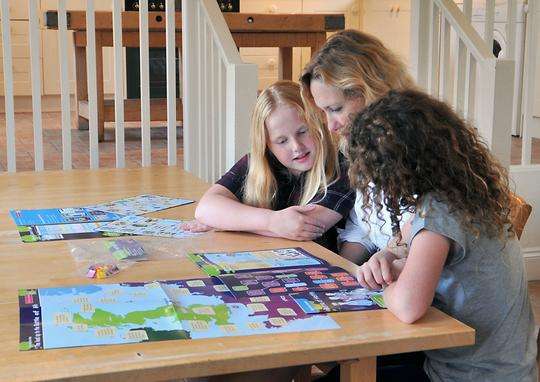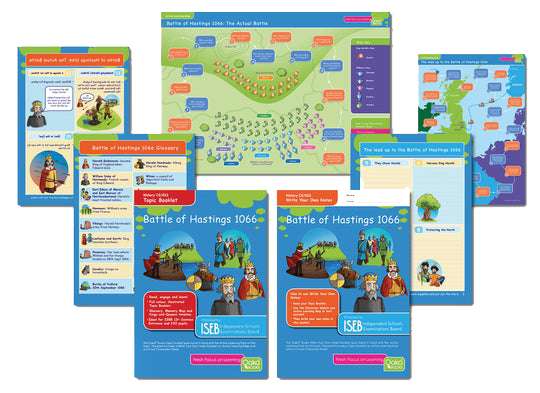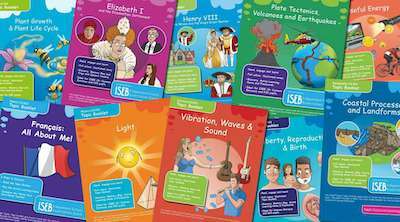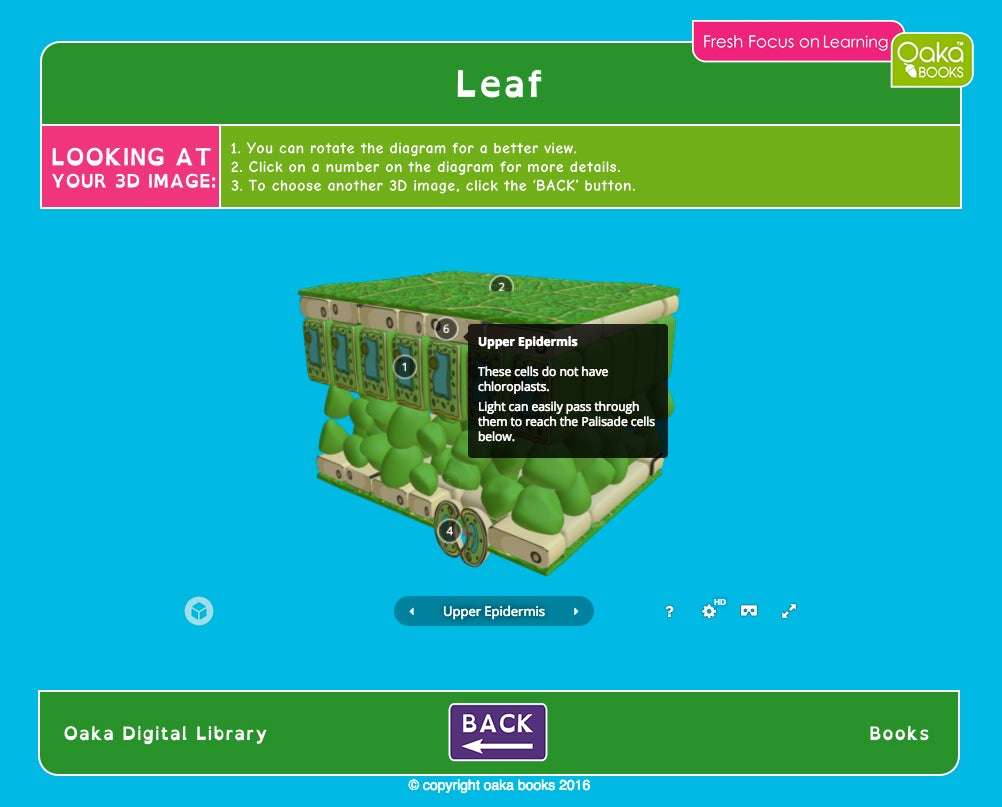If your children or pupils need warming up to get back in the term-time frame of mind (whether your children are at school or home educated), a game is the perfect way to bridge the gap from holiday to the new school year.
1. Educational games that are linked to the curriculum re-engage your children with learning and schoolwork. But they are a fun pastime that fit in perfectly with the holidays and it is also an activity the whole family can get involved in. Why are games so important for learning?
2. If you are a teacher, games can be a fantastic way to get your new class interacting with one another, working together in teams and reinforcing work they have already done – a great confidence boost for everyone at the start of term.
3. This relaxed way of learning has the great advantage of not looking like learning at all. Children are resistant to getting out their homework during the holidays (and that’s fair enough) but not to starting up a board game or card game with the family. This open but engaged frame of mind is perfect for learning. The benefits of keeping those brain cells ticking over can be huge.
4. It’s much easier to play a game for longer than doing homework. Time flies when you are having fun, after all. You can get hours of educational content in front of your children using a game – in comparison to the bargaining needed over 20 minutes of homework.
5. Some children, especially those with dyslexia or special educational needs, have bad associations with learning in a more formal way. Games bypass those negative associations. And for many children including visual learners, that traditional method of teaching isn’t the best way for them to learn anyway.
6. There are different learning styles and children with more visual and kinaesthetic styles will really benefit from playing games. Reading books or listening to explanations aren’t their ideal method of learning. While you are at home in the holidays you can really cater to their individual needs and build their learning around their unique preferences (as our home educating families will well know).
7. Playing games uses a combination of learning and information retrieval that is vital for success at school. Cognitive psychology shows us the most effective ways of embedding and retaining memories. These include spacing learning (see more on the Forgetting Curve), testing, interleaving, practicing retrieval, and elaboration. Educational games use all these techniques.
Let’s look at an example. Learning how to use a map is part of the CE and KS3 Geography syllabus. However, most pupils aren’t going to be leaving school to go orienteering in order to perfect their map skills. But learning about maps in an abstract way, from a textbook, is ineffective. It has none of the challenge or actual skills involved in map-reading.
Enter a game. Geogo! is a map skills board game developed with Ordnance Survey. It uses four Ordnance Survey maps in two different scales, 240 questions, jigsaw pieces, and good-natured competition to keep students engaged, having fun, and learning.
Games can also be played again and again with different outcomes – in contrast to a fixed textbook. There are all sorts of games to choose from. Snakes and Ladders-style board games, Trivial Pursuit-like games, and card games like pairs, Snap, and memory games.
They can cover all sorts of topics – we have biology, chemistry, and physics-themed board games for Key Stage 2 and Key Stage 3, pairs games for science, as well as geography and revision games.
To ease your child’s way back to school, or just for family fun, try an educational game and boost their learning and information retention and with that, their confidence, before returning to school.
You can download our FREE Revision Tips booklet – our illustrated guide to effective learning here.





